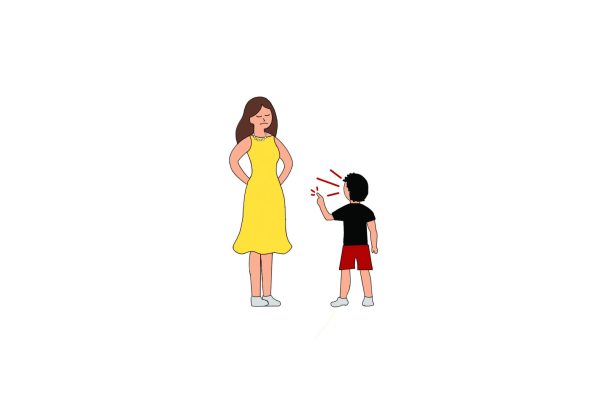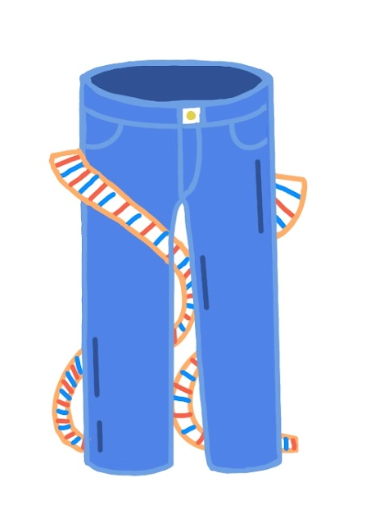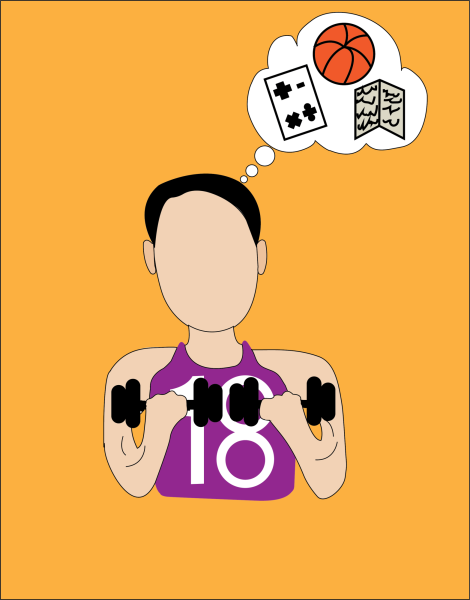I said brain, not supercomputer
If you think you can multitask, you’ve got another think coming.
Do you ever try to text while talking to someone, or listen to music while trying to read? My hunch is you have – multitasking in the 21st century is about as common as all the Miley Cyrus jokes on my Twitter timeline. We all have so much to do, little time to do it, and endless technology that makes multitasking a cinch – or so we think.
While some of us are convinced that we can talk on the phone, send an email, tie our shoes and make a sandwich simultaneously, neuroscientists have proven otherwise. What our brains are really doing, studies say, is shifting focus back and forth so rapidly that it feels like we’re accomplishing multiple things at once.
“People can’t multitask very well, and when people say they can, they’re deluding themselves,” MIT neuroscientist Earl Miller said. “Switching from task to task, you think you’re actually paying attention to everything around you at the same time. But you’re actually not.” (NPR)
Aside from our false sense of productivity, NOVA said multitasking increases levels of stress. Think about it: when was the last time you tried to catch up with a friend as you raced to finish your math homework, all within the 6 minutes of passing period, and felt completely at ease? Probably not since 5th grade, when the homework was multiplication tables and the most complex conversations were about the upcoming field trip to the pumpkin patch. Now, college applications and derivatives of calculus equations call for crunch time.
Let’s face it, we’re not supercomputers equipped with algorithms that can churn out 50 tasks in 30 seconds. We’re human beings, with constraints on time, our mind capacity, and our emotions. When we try to eat a home-cooked meal while writing an essay and talking to our parents, are we really hearing what dad is saying? Are we really enjoying the food, or putting voice into that paper? Or are we just stressing over getting things done as quickly as we can?
Next time you’re faced with 70 pages to read, 30 algebra problems to solve, 5 chores to do, 2 family conflicts to deal with and a paper to write – relax. Don’t try to knock out everything at once. Talk it through with your siblings, then set time aside for each assignment in a comfortable environment. Go outside for a few minutes and look at the world surrounding you, all the complexities and simplicities of nature intertwined beautifully. Step back and notice how slowly the world really turns. Savor each small event and sensation of each day, and your life will slow down, too. Put the phone, the laptop, the textbook and the headphones down for a second, and breathe easy. Your brain will thank you.

It's undeniable: life is stressful. And every now and then, we need an escape from our overwhelming routine. Whether you go on a run or shut out the world with headphones, everyone has different ways to escape mental anxieties and chase peace of mind. I'll blog about my own liberations—the things that flood my mind with blissful endorphins, let me forget about stress and appreciate this phenomenal world—and hope you find similar solace, or inspiration to find your own. It’s often music, a thought or an experience, or maybe just something I discovered while browsing the Internet or taking a walk. Who knows exactly where I’ll take this, but hey, surprises release endorphins, too.
"Happiness is not achieved by the conscious pursuit of happiness; it is generally the by-product of other activities." - Aldous Huxley
Cara's full intro blog
Read more stories...











